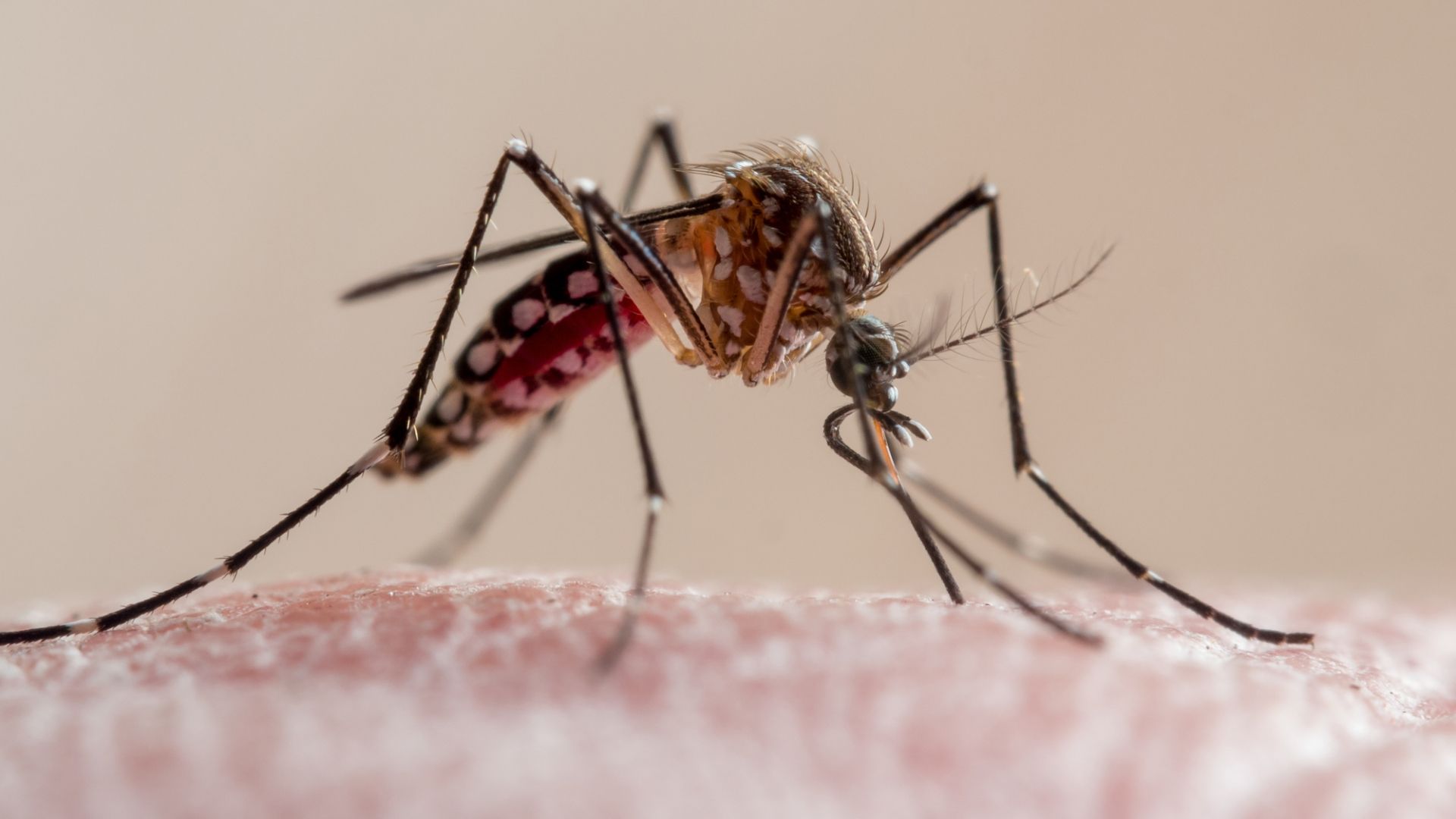A severed mosquito proboscis can be turned into an extremely fine nozzle for 3D printing, and this could help create replacement tissues and organs for transplants.
I’ve linked to a decent write-up on Tom’s Hardware, but New Scientist covered it last week too.
Source paper: 3D necroprinting: Leveraging biotic material as the nozzle for 3D printing (science.org)



Yes, the first attempts via the more obvious approach of using a live mosquito were a lot trickier, because the techniques involved in persuading the mosquito to comply were outside of the highly-specialised knowledgebase of the team. That is, until one serendipitous moment when one particularly heavy-handed researcher accidentally killed a mosquito whilst trying to attach it to a printer. The surprise and elation that must have resulted when they realised they could use mosquito husks was, surely a sight to behold. The missing piece of the puzzle had finally fallen into place. Some might even say… by Divine Providence, perhaps?
I daresay some of the project leads were kicking themselves nonetheless: “It’s so simple! Dead mosquito proboscises! Dead! Why didn’t I think of that?!”, etc. But I think we should go easy on them; we could all get a doctorate in the field of hindsight!
In the end, just like many discoveries before it: penicillin, safety glasses, velcro etc., this breakthrough simply owes a lot to blind chance.
.